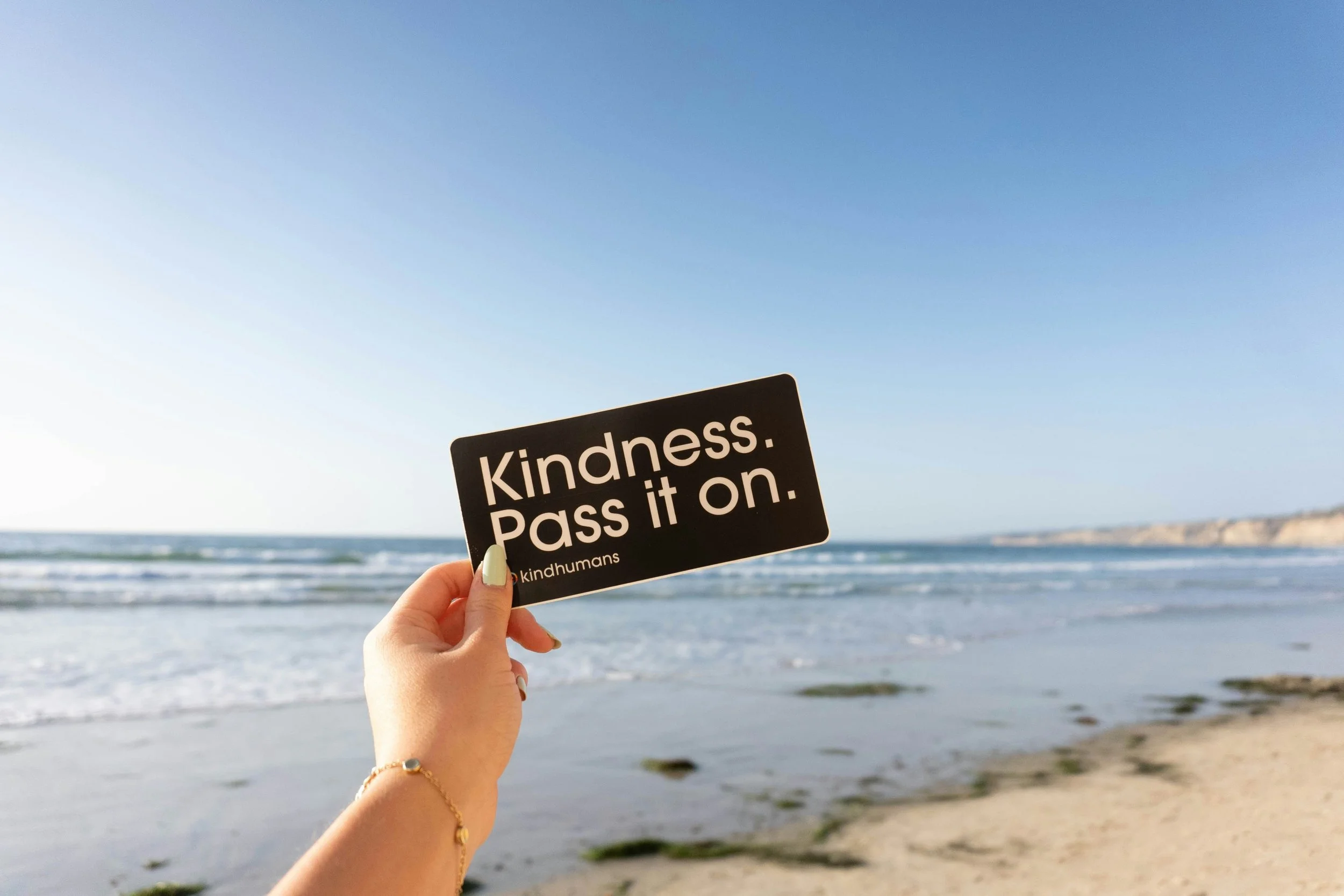Have you ever noticed how you speak to yourself? Do you listen to That harsh inner critic that’s quick to judge, criticise or even outright shame you for making a mistake? IT’s The voice that puts you down and tells you things you'd never say to a friend. in fact, Many of us are far kinder and compassionate towards others than we are to ourselves. So why is self-compassion so hard and Why do we struggle to be gentle with ourselves when things go wrong?
The Science Behind Self-Compassion
Dr. Kristen Neff, the leading researcher on the topic of self-compassion, describes it as treating yourself with the same kindness, care, and concern you would show to a close friend. Self-compassion involves three core elements:
Self-Kindness: Being kind and understanding toward yourself in times of suffering or failure, rather than harshly critical.
Common Humanity: Recognising that everyone makes mistakes and experiences difficulties, which helps us feel less isolated in our struggles.
Mindfulness: Being aware of the present moment without judgment, allowing us to notice when we're being self-critical and gently redirecting ourselves toward self-compassion.
She also refers to these three elements combined as loving, connected presence - which I like to use too. When we’re in this state, Neff says our connection to ourselves, others and the world around us all improve. Despite these benefits, practicing self-compassion doesn’t come naturally to many of us. In fact, it can so often feel like a real struggle.
Why Are We So Hard on Ourselves?
There are several reasons why self-compassion is so challenging:
The myth of motivation through criticism
Many people believe that self-criticism is necessary for self-improvement. We think, “If I’m hard on myself, I’ll be motivated to do better.” However, research shows that self-criticism often leads to anxiety, depression, and even procrastination. It erodes our confidence and increases our fear of failure. Dr. Christopher Germer, a clinical psychologist and co-developer of the Mindful Self-Compassion program with Neff, points out that self-compassion is actually a more effective motivator. By being supportive rather than punitive, we build resilience and can face challenges with greater courage.Our brain’s negativity bias
From an evolutionary standpoint, our brains are wired to focus on threats. This "negativity bias" helped our ancestors survive by paying more attention to dangers than to positive experiences. Unfortunately, this survival mechanism doesn’t serve us well in modern life. Instead of protecting us from physical threats, our minds now perceive self-critical thoughts as a way to protect ourselves from emotional pain or perceived social rejection. Dr. Neff explains that self-compassion helps to counteract this negativity bias, allowing us to feel safe enough to acknowledge our mistakes without self-punishment.Societal conditioning
We are often conditioned to believe that being kind to ourselves is selfish or indulgent. This is especially true in cultures that value independence and self-reliance. Yet, self-compassion isn’t about letting yourself off the hook or avoiding responsibility; it’s about holding yourself accountable in a kind, understanding way. According to Neff, self-compassion strengthens our mental health, making it easier to show up fully for others and handle life’s challenges.
How to Start Being Kinder to Yourself: 3 Practical Strategies
1. Practice the Self-Compassion break
One of Dr. Neff’s most powerful tools is the Self-Compassion Break. It’s a simple exercise that can help you reframe your self-talk when you’re feeling stressed or overwhelmed:
Acknowledge the difficulty: “This is really hard right now.”
Recognize that suffering is part of being human: “Everyone feels like this sometimes; I’m not alone.”
Be kind to yourself: Place a hand over your heart and say something kind like, “May I be kind to myself,” or “I’m doing the best I can.”
This practice interrupts the cycle of self-criticism and replaces it with a moment of self-care.
2. Reframe your inner critic
Dr. Germer suggests treating your inner critic as if it were a concerned (but misguided) friend. The next time you catch yourself engaging in harsh self-talk, imagine the voice as an overprotective friend trying to keep you safe. Instead of battling your inner critic, thank it for its concern, then gently guide yourself toward a more compassionate response. For example, instead of saying, “I’m such a failure,” try, “I’m going through something tough right now, but I’m learning and growing.
3. Use physical touch to soothe yourself
Physical touch activates the body’s parasympathetic nervous system, which helps to calm us down. Dr. Neff recommends simple gestures like placing a hand on your heart, giving yourself a gentle hug, or resting your hands on your stomach. These small acts can signal to your body that you are safe and cared for, helping to shift your emotional state. Over time, these practices can create a sense of safety that allows you to be kinder to yourself.
Becoming Your Own Best Friend
Self-compassion is a lifelong journey, one that involves unlearning old habits of self-judgment and embracing a more loving, kind, and understanding relationship with yourself. As Dr. Neff wisely states, “When we’re self-compassionate, we create the emotional safety needed to take risks, be vulnerable, and grow.”
It’s time to recognize that treating yourself with compassion isn’t selfish; it’s essential. By being kind to yourself, you can build the emotional resilience needed to show up fully in your relationships, work, and the world.
So, the next time you find yourself falling into the trap of self-criticism, pause, breathe, and remember: You deserve the same kindness that you so willingly offer to others.
Which self-compassion practice would you pick? Let me know in the comments below. If you're interested in exploring more evidence-based strategies to support your wellbeing, subscribe to our newsletter for ongoing insights and tools delivered to you!
Finding peace in the everyday
If you’re new to the world of mindfulness and are looking for more information, effective tools and simple strategies to help you manage your stress effectively then check out my new book, Mindfulness: finding peace in the everyday. It’s filled with ways to keep calm and live life more mindfully, relieve stress and improve your wellbeing. In the book, you’ll find step-by-step meditations and breathing exercises for beginners, as well as tonnes of tips and practices to make every day more peaceful and pleasant. The book is available to buy worldwide, now.
#discovermindfulness with Annika Rose.




